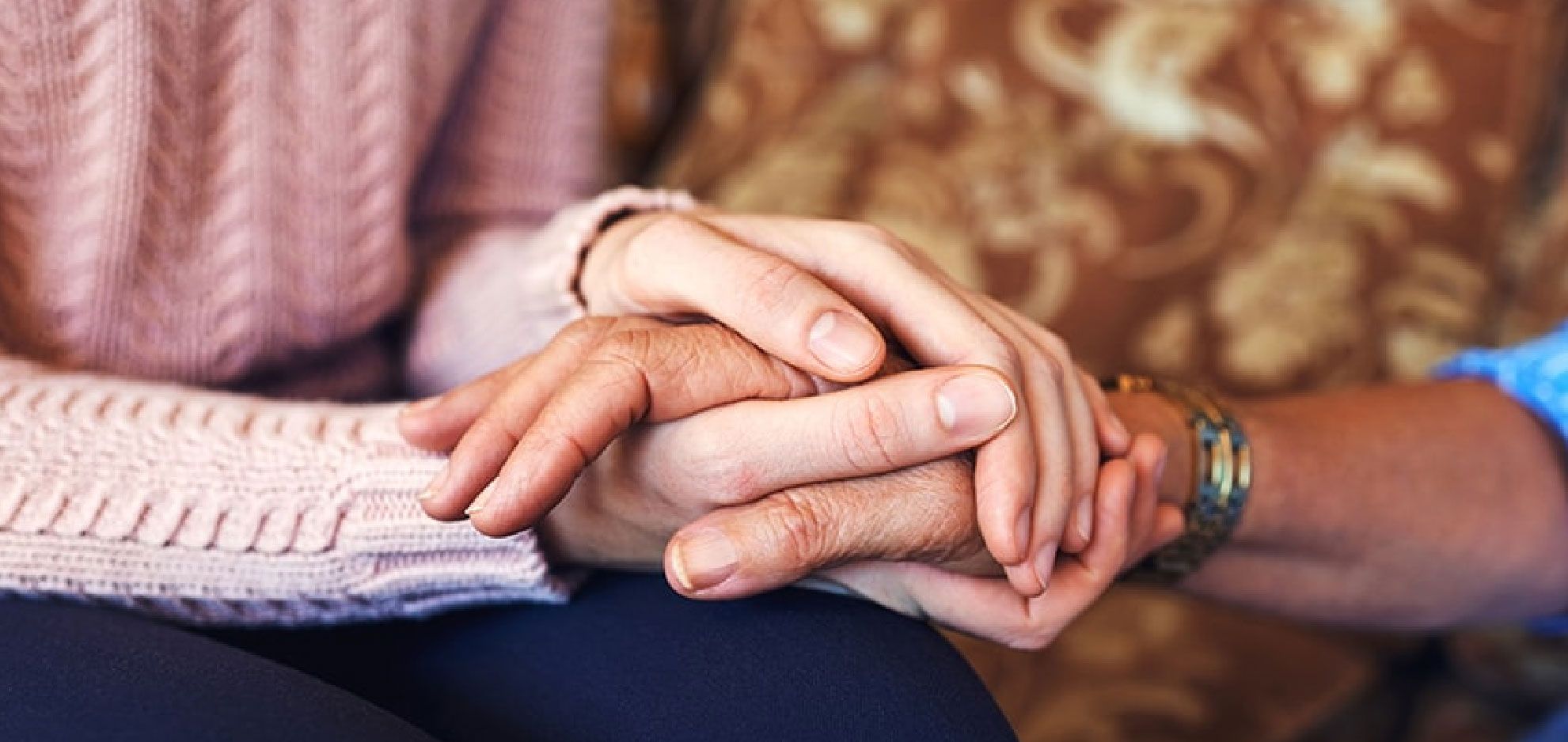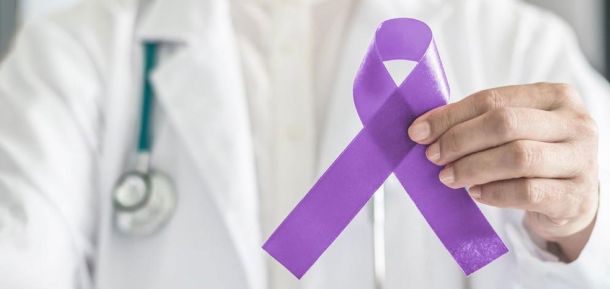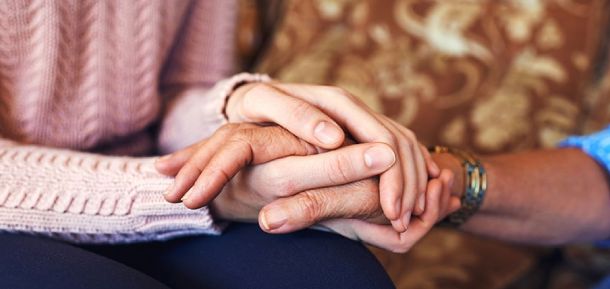Dealing with cancer

As the spouse, family or friend of the diagnosed patient it can be equally difficult to hear the information. It may be hard to understand how they feel or how you can support them.
Here at radon, we have come up with a few ways that can help you and your family cope and deal with cancer:
Addressing the issue
As jarring as the diagnosis may seem, it’s vital to pay attention to the details. Know the kind, type, size and location of the detected cancer. Listen to your doctor, ask if the cancer is slow going or aggressive in nature. Take someone with you, a friend or a family member who can keep tabs on everything, just in case you can’t handle the news because of your unstable mental state. It is imperative to recognize the nature of cancer, once diagnosed, to know the degree of damage so, further steps towards necessary treatment can be initiated.
Ask your doctor about side effects from a treatment or a combination of treatments and what to do when you get them. Going about the diagnosis positively, scrutinizing your possibilities and looking for the best possible outcome can help you overcome feelings of anxiety or uncertainty.
Taking a second opinion

Combining treatments and knowledge about new ones
Detecting the kind of cancer and its location is the first step to deciding what treatment to take. After testing the cancer through tests like, biomarker testing or tumour marker testing, can determine the degree of damage, which can help suggest a treatment or a combination of treatments. The most common treatments are chemotherapy, surgery or radiation. However, advances in medicine have led to newer treatments like stem cell transplant, immunotherapy, hormone therapy, photodynamic therapy, hyperthermia and more.
cancer is treated differently and there are a great number of treatments to select from that suits you best. It used to be that most people with a certain type and stage of cancer got the same treatment. Now, doctors know that an explanation that helps one person may not work well for someone else. Find a treatment that is most effective with minimum side effects. Make sure to give your doctor a detailed family history, and information about anything you may be allergic to. Targeted gene studies and advanced imaging techniques like multiparametric magnetic resonance imaging (mp-MRI) and florescence life time imaging (FLI), before your treatment can help your doctor determine what’s appropriate for you.
Is it recommended to try out new treatments
Cancer pain
Cancer usually causes pain, but you don’t have to take it. Side effects can be controlled and is generally advised. Be sure to talk to your doctor about any kind of pain or discomfort, do not hesitate as they could be due to an emerging infection, spread or growth of cancer cells and should be brought to attention instantly. Cancer harms and damages the tissues nearby and can commonly be the cause of said pain. Sometimes the treatment given to you may not be suitable for you and this can also result it pain. Inform your doctor about it so that they can change your treatment or adjust it according to your body’s reactions.
You deserve to feel as good as possible whether the pain is acute, chronic or a breakthrough. Mention the degree (by rating it on a scale from 1 to 10, 10 being the most painful) and localise the pain precisely while explaining it to your doctor. He may prescribe more drugs or another therapy to ease the pain depending on your condition. Going for pain releasing massages and acupuncture is also a great way to deal with body aches with minimum chemicals.




